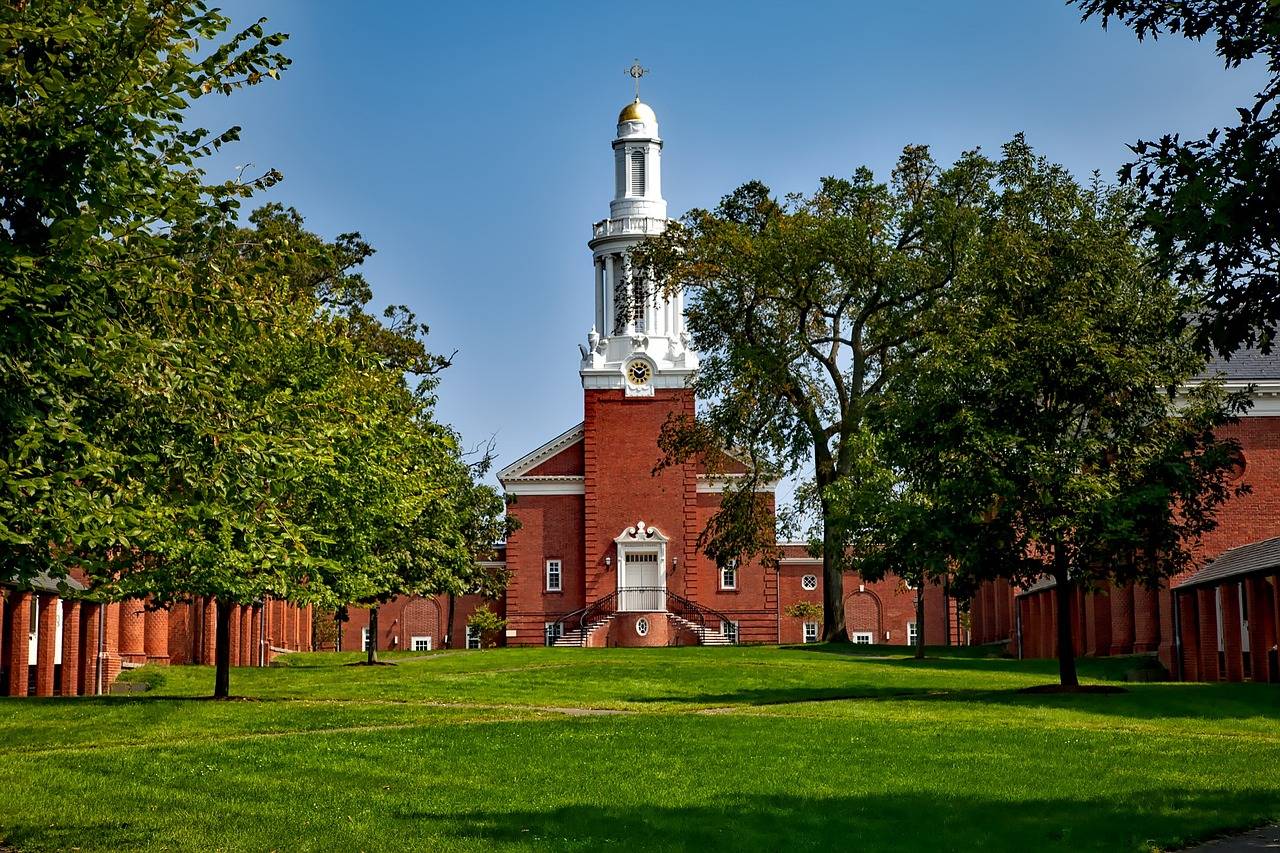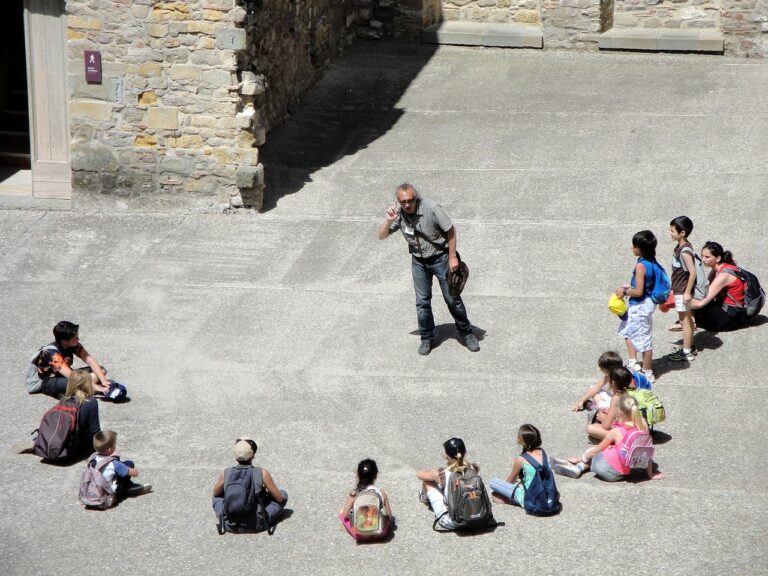Educational Programs for Gifted Students
Asynchronous development is a common trait among gifted students. They may exhibit advanced cognitive abilities in certain areas while lagging behind in others. This uneven development can manifest in intense focus and passion for specific subjects, coupled with challenges in social interactions or emotional regulation.
Another sign of giftedness in students is high levels of curiosity and a desire for in-depth exploration of topics that interest them. Gifted students often possess a keen sense of inquiry that drives them to seek out new knowledge and understanding beyond what is typically expected for their age group. This thirst for learning can lead to voracious reading habits, a propensity for asking probing questions, and a drive to delve into complex problem-solving tasks.
Identifying Gifted Students in the Classroom
Gifted students often exhibit advanced cognitive abilities and a deep curiosity about the world around them. They may show a keen ability to think critically, solve complex problems, and grasp abstract concepts easily. In the classroom, these students may quickly master new material and seek out additional challenges beyond the standard curriculum.
One way to identify gifted students is by observing their level of engagement and motivation in learning tasks. Gifted individuals tend to show a high level of enthusiasm for academic pursuits and may ask probing questions or delve into topics in great depth. Teachers can also look for signs of exceptional creativity or original thinking in students’ work, as these are common characteristics of gifted learners.
How can teachers identify gifted students in the classroom?
Teachers can look for signs of giftedness such as advanced problem-solving skills, exceptional creativity, strong memory, and a passion for learning. They can also observe how students engage with challenging material and interact with peers.
Are there common misconceptions about gifted students that teachers should be aware of?
Yes, some common misconceptions include assuming that gifted students will excel in all subjects, that they do not need extra support or accommodations, or that they will always outperform their peers. It’s important for teachers to understand that giftedness can manifest in different ways and may require different types of support.
What strategies can teachers use to support gifted students in the classroom?
Teachers can provide enrichment activities, opportunities for independent study, and access to more advanced material. They can also offer flexibility in assignments and assessments to allow gifted students to demonstrate their abilities in ways that suit their learning style.
How can teachers work with parents to support gifted students?
Teachers can communicate regularly with parents about their child’s progress and discuss ways to challenge and support their gifted student. They can also collaborate on identifying resources and opportunities outside of the classroom that may benefit the student.
What resources are available for teachers to learn more about identifying and supporting gifted students?
Teachers can access professional development opportunities, workshops, and conferences focused on gifted education. They can also consult with school counselors, special education coordinators, and gifted education specialists for guidance and resources.





